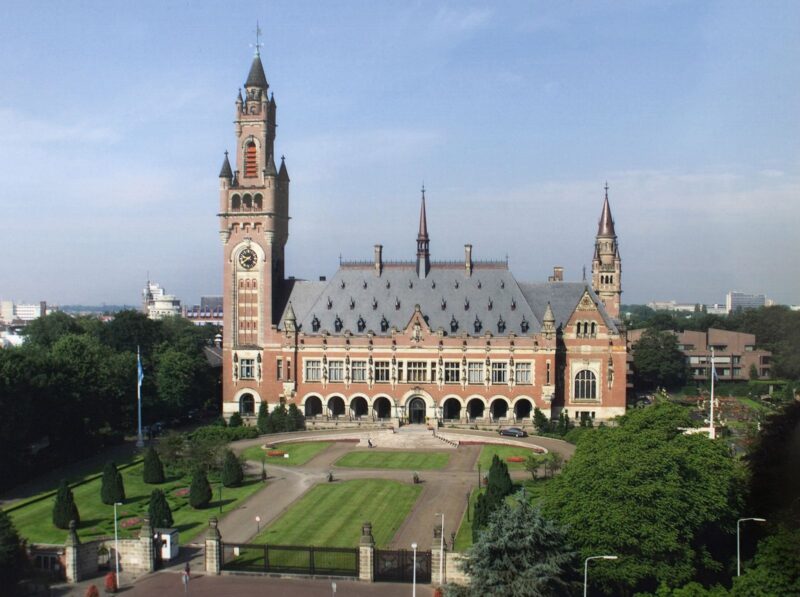ICJ: 1.5°C is ‘primary goal’ under the Paris Agreement and countries must act on climate with 'highest ambition' to meet this
The International Court of Justice (ICJ) has issued a fundamental set of findings that reinforces the centrality of the Framework Convention on Climate Change and the Paris Agreement, and the duty on all states to meet their corresponding goals and obligations.
Share

Statement from Bill Hare, CEO and Senior Scientist, Climate Analytics:
“Thirty three years after the adoption of the Framework Convention on Climate Change and nearly 10 years after the adoption of the Paris Agreement, the International Court of Justice (ICJ) has issued a fundamental set of findings that reinforces the centrality of these agreements and the duty on all states to meet their corresponding goals and obligations.
“The ICJ finds that the Paris Agreement’s 1.5°C limit is the primary goal because of the urgent and existential threat of climate change and that this requires all countries to work together towards the highest possible ambition to limit warming to this level.
“States have a responsibility to regulate private activity within their jurisdictions and they have a responsibility to all other states for the consequences of actions taken and this together means that countries have an obligation to limit, reduce and ultimately eliminate fossil fuel production.
“All countries have an obligation to put forward the highest possible ambition in their Nationally Determine Contributions (NDCs) that represent a progression over previous NDCs; it is not acceptable to put forward a weak NDC that does not align with 1.5°C.
“The ICJ points to potential for serious legal consequences under customary international law if countries do not put forward targets aligned to 1.5°C. Importantly, these obligations also apply to countries whether or not they are Parties to the Paris Agreement.”











